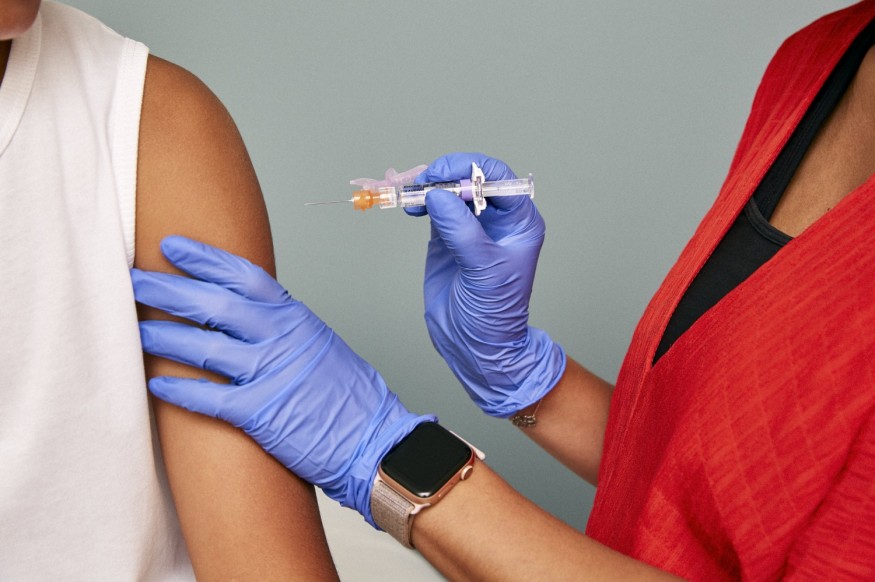COVID-19 Update: Manufacturers Plan to Increase Supply by Millions as First Human Trials Begin

The non-essential workers in the manufacturing facility of Moderna Therapeutics in Norwood, Massachusetts, along with the President of the company, Dr. Stephen Hogue, are operating from their houses, as advised by government service health officials. However manufacturers of what could be the first coronavirus vaccine are ready for manufacturing if the first testing phase demonstrates that it is effective.
First and foremost, the vaccine will be tested in a group of 45 volunteers that are in good condition and who have not been infected with SARS or the COVID-19 virus.
Within this experiment, researchers see whether the shots are effective, and evaluate three different doses to figure out what appears to cause the most effective immune response. When these early samples do not show any significant adverse effects or reactions, scientists begin seeking hundreds of healthy volunteers to validate their findings.
The first patients obtained their initial vaccines last week in an ongoing vaccine trial for COVID-19. Even though the vaccine development takes at least a year, research on how the immune system can suppress coronavirus will provide important information and give researchers a lead in just about any potential outbreak of the virus were to occur.
On the first stage, Moderna sent the National Institutes of Health (NIH), that supervises the research at many facilities in the USA, with hundreds of vials of the trial vaccine. According to Hogue, the next stage will be multiple times to five times bigger than the last stage which means that thousands of trial vaccines could be shipped out.
And once the vaccine would not only be effective but also successful, the organization braces itself for an unprecedented anticipation of a dramatic increase in the vaccine. Hogue claims that they've already begun research to hit millions of dosages currently.
Moderna in its vaccine utilizes mRNA, a biological type of the genome of the virus. Once injected into individuals, cells process them to identify them and prepare them for death, so that the immune cell can detect them. This approach doesn't require huge quantities of the virus, which is time consuming, as opposed to methods used for most typical vaccines.
There will still be months of monitoring for individuals who have contracted the disease, and Fauci estimates that the experiments will not stop for 12-18 months. For the meantime, however, everyday counts in the race to find the vaccine for the COVID-19 virus.
The SARS-CoV-2 genetic sequence was first recorded by Chinese scientists in the middle of January, and on 7 February new vials were ready to be checked by standards, before procedure for human studies can be processed. It was done and the organization shipped vials to their researchers by the last week of February to NIH for further study.
Both Moderna and NIH then submitted an application for the Food and Drug Administration to begin administering the vaccine in human research for trials of clinical treatments.
Hogue has the expectation that his group can save time when developing a secure as well as successful vaccine.
Check these out:
-Potential COVID-19 Treatment Found in the Blood of Recovered Patients
-California Company's Test Provides COVID-19 Results In Less Than an Hour
-3 Vaccines Currently Under Development to Help Fight COVID-19
Subscribe to Latin Post!
Sign up for our free newsletter for the Latest coverage!















